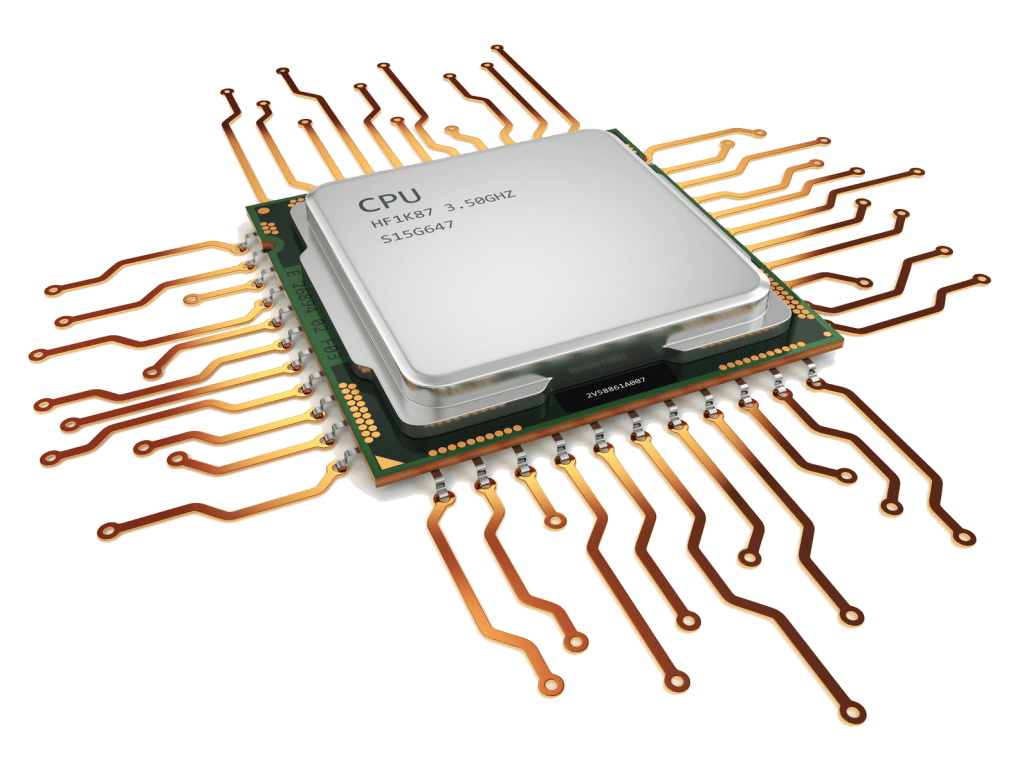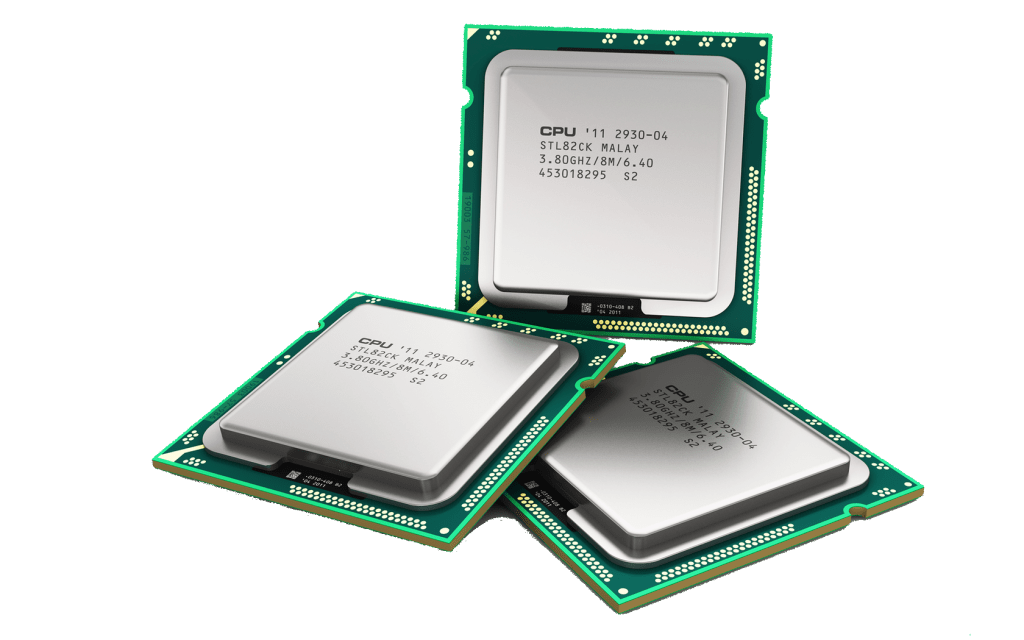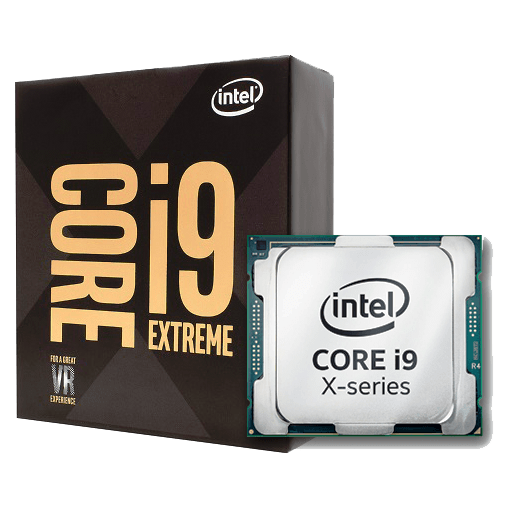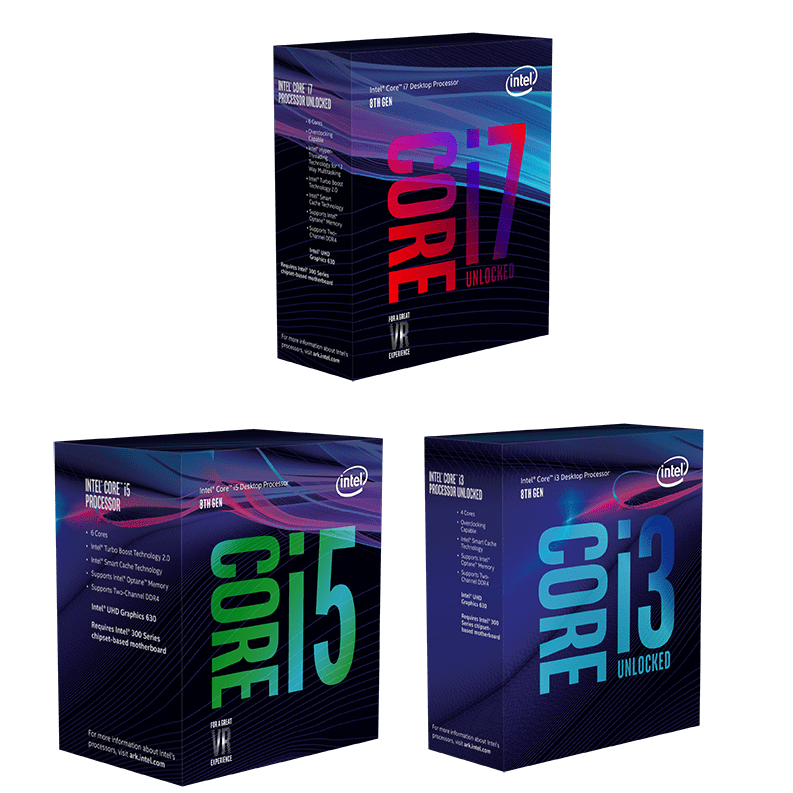Computer CPU

Importing CPU (Comprehensive Guide)
The CPU, as one of the vital components of the computer and electronics industry, plays a significant role in the advancement and development of related technologies. The CPU, known as the brain of the computer, is responsible for executing instructions and processing data in electronic devices. Given the increasing importance of technology in everyday life and the constant need for more processing power, the import of high-quality and advanced CPUs is of special importance. This is particularly important for countries that are striving to update their technology infrastructures.
However, the costs of importing and its impact on the final price of products should also be considered, as it can affect demand and consumer access.
In conclusion, importing CPUs is not only necessary for advancing technology and the computer industry, but it can also act as a key factor in strengthening the economic and technological infrastructure of a country.
Importing CPU from China
Importing CPUs from China, recognized as one of the main global production hubs in this field, requires a precise understanding of global market dynamics and related trade laws. China, with some of the largest manufacturing factories and reputable brands like Intel and AMD conducting part of their production in the country, plays a significant role in the global supply of CPUs. This country, by utilizing advanced technologies and mass production, has been able to offer quality and cost-effective products, which can make importing CPUs from China an attractive choice for global markets.
However, importing CPUs requires attention to a set of factors that can include global price fluctuations, exchange rate changes, bilateral trade policies, and tariff barriers. In addition, issues related to intellectual property rights and international standards must also be considered. Ultimately, the decision to import CPUs from China should be made considering all these factors, as well as a thorough evaluation of domestic technology needs and market potential, to ensure that imports benefit the growth and development of the importing country’s technology and economy.
Benefits of Importing CPU from China
Importing CPUs from China can have numerous benefits for buyers and traders. Some of these benefits include:
Affordable Price: China is known as one of the largest CPU production centers in the world. The high volume of production and intense competition among various manufacturers allow consumers to procure CPUs at competitive and reasonable prices.
Superior Quality: Chinese manufacturers, by adhering to international standards and implementing strict quality controls, offer high-quality products to the market. This ensures the reliable and long-term performance of CPUs.
Wide Variety: Given the large number of manufacturing companies in China, customers can choose from a wide range of CPU models and brands. This allows them to find a product that exactly matches their technical needs and budget.
Easy Access: The Chinese market, due to its high production volume, has a high inventory of CPUs. This ensures that buyers can easily and without worry about inventory shortage, procure their desired CPU.
In addition, importing from China can facilitate access to the latest technologies and industrial innovations. Given the high speed of technological advancement in China, importers can benefit from access to newer and more advanced generations of CPUs. Also, the possibility of establishing business partnerships with Chinese companies can lead to the creation of new business opportunities and the development of international markets.
Ultimately, importing CPUs from China can be considered an effective strategy for reducing costs and increasing efficiency in the supply chain, provided that it is accompanied by precise planning and attention to issues related to quality and technical standards. This can help strengthen the competitive position of companies in global markets and allow them to take advantage of opportunities arising from rapid changes in processing technologies.

How profitable is CPU import?
The revenue from importing computer processors (CPUs) from China can be influenced by multiple factors, which we will examine in more detail here:
Import-related costs: Import costs can vary based on the type and model of the processor you intend to import. These costs include taxes and customs duties, packaging costs, international shipping, goods insurance, and warehousing costs. Therefore, it is necessary to carefully estimate all these costs before proceeding with the import and compare them with the prices available in the domestic market to ensure the economic feasibility of the import.
Price and quality analysis: When importing CPUs from China, you should carefully compare the price and quality of the product with the standards of the domestic market. If the processor in question is more affordable and superior in quality compared to similar products available in the domestic market, there is a possibility that you could make a significant profit by importing it. Also, you should pay attention to issues such as after-sales services and warranties of imported products.
Competitive environment analysis: In the CPU import market, competition with other suppliers can have a significant impact on profitability. You should keep in mind that in addition to domestic suppliers, suppliers from other countries may also have imported similar processors at competitive prices into the market. Therefore, to succeed in this market, you need to adopt effective competitive strategies and look for ways to create a competitive advantage, such as offering value-added services or focusing on specific markets that are less affected by competition.
Bulk Purchase of CPU
Bulk purchasing of Central Processing Units (CPUs) from China can provide significant opportunities for companies active in the field of computer parts trade and distribution. In this section, we will detail the advantages of this type of purchase.
- Cost reduction: One of the biggest advantages of bulk buying CPUs from China is cost savings. Given China’s position as one of the largest producers of electronic components, this country is able to offer processors at competitive prices, which can lead to a reduction in total costs for traders and distributors.
- Access to quality products: China is known for producing quality and durable products. Buyers can take advantage of this and purchase CPUs with high quality standards, which can increase the attractiveness of their products in the market.
- High product diversity: The Chinese market includes a wide variety of processors with different specifications and capabilities. This diversity allows buyers to choose products that exactly match their customers’ needs.
- Resistance to sanctions: In situations where some countries are facing trade restrictions and international sanctions, bulk buying from China can be an effective solution to circumvent these restrictions and ensure the continuity of parts supply.
- Profit increase: Considering the cost reduction and access to quality products, bulk buying CPUs from China can lead to an increase in the profit margin for sellers. This is particularly important for businesses that are looking for growth and expansion.
Considering these advantages, bulk purchasing of CPUs from China can be a smart and profitable business strategy for industry players. However, it is necessary for buyers to always keep their information updated about the market and price changes in order to make the best purchasing decisions.

Customs clearance of CPUs
The process of customs clearance of Central Processing Units (CPUs) is a vital step in the supply chain and import of electronic components. To successfully accomplish this task, having complete and accurate information about the import laws and regulations in the destination country is essential. We will provide more comprehensive explanations on this topic in the following:
Providing necessary documents: For customs clearance of CPUs, it is necessary to provide a set of essential documents. These documents include the purchase invoice, certificates of authenticity and quality of the goods, shipping bills of lading, goods insurance, and documents related to import permits. Each of these documents plays a significant role in proving the identity and value of the goods and must be presented completely and without defects.
Payment of tariffs and taxes: The clearance of goods from customs requires the payment of costs related to value-added tax and customs duties. These costs are determined based on the value of the goods and their tariff classification and must be paid before the goods are cleared.
Security and quality checks: Customs may randomly or based on specific rules, select goods for security and quality checks. These checks can include technical tests, security reviews, and compliance with national and international standards.
- Observance of laws and regulations: For the successful customs clearance of the CPU, all laws and regulations related to imports in the destination country must be observed. This includes laws related to trade restrictions, technical and safety standards, as well as regulations related to consumer protection.
Ultimately, the successful customs clearance of the CPU requires careful planning, awareness of current laws and regulations, as well as patience and precision in following customs procedures. This process, although it may be complex and time-consuming, can significantly facilitate imports and achieve success in target markets by strictly adhering to the steps and regulations.
CPU Transportation
Choosing the appropriate method for transporting Central Processing Units (CPUs) from China to Iran is an important decision that should be made considering multiple factors including cost, speed, security, and reliability. Here, we will provide more detailed explanations about each of the transportation methods and their features:
Air Transportation: This method is ideal for shipments that need to reach their destination quickly. Air transportation, due to its high speed and reduced transit time, is recommended for urgent and high-value goods such as sensitive electronic components and advanced technologies. However, the costs associated with this method are usually higher than other options and may not be economical for large volumes.
Sea Transportation: This method, due to its high capacity and relatively low cost for a large volume of goods, is a popular option for international exports and imports. Sea transportation is usually suitable for heavy and bulky shipments that require less speed. However, this method may be time-consuming and due to the need for transit from ports and the possibility of delays related to weather conditions, it may not be suitable for urgent shipments.
Ground transportation: This method is suitable for cargoes that are transported over shorter distances and require a medium speed. Ground transportation can include truck or train transport and is often used for cargoes that require precise and quick delivery. This method may be less expensive compared to sea and air transport, but it may face delays due to border and traffic restrictions.
Ultimately, the choice of transportation method should be made considering the specific needs of each business and the characteristics of the cargo. For example, if a cargo has high value and needs to reach its destination urgently, air transport may be a better option, while for heavier and less valuable cargoes, sea transport may be more economical. Also, it should be noted that each of these methods may require precise logistical management and planning to ensure the security and timely arrival of goods.

Tata Trading Company, as one of the pioneers in the field of imports in Iran, plays a significant role in meeting the country’s information technology needs. This company, in close collaboration with top global manufacturers, has succeeded in importing various types of central processors that are high-level in terms of both technology and efficiency.
Considering international sanctions and import restrictions, Tata Company, by leveraging reputable distribution networks and strong business relationships, has been able to offer products to the market that best meet the needs of customers. This company, by providing after-sales services, ensures that customers can make the best use of the purchased products.
Ultimately, Tata Trading Company, with the aim of enhancing access to modern and advanced technologies, is constantly in search of new opportunities for importing more advanced and efficient CPUs, so that it can play its role in the best possible way as a key player in Iran’s information technology market.

